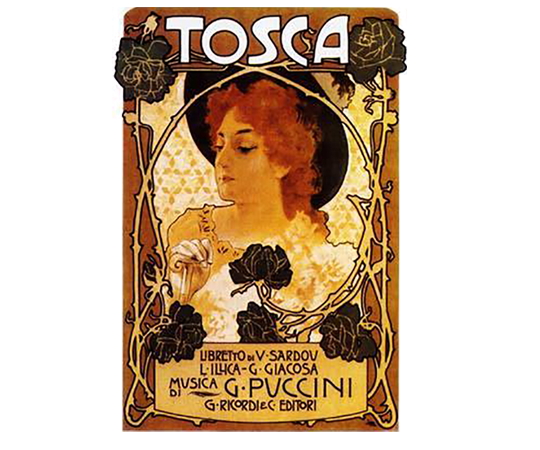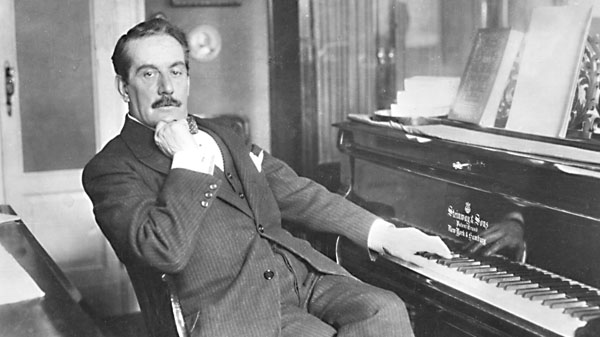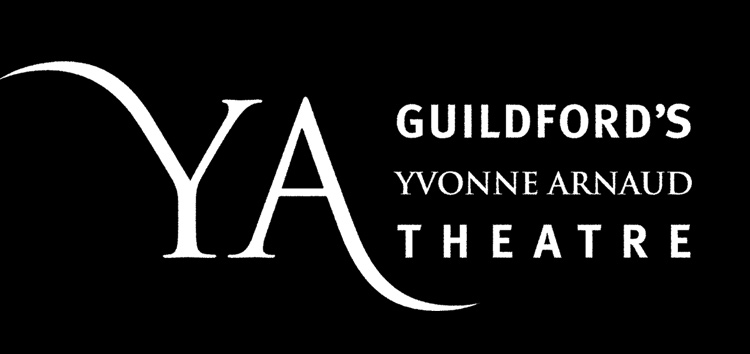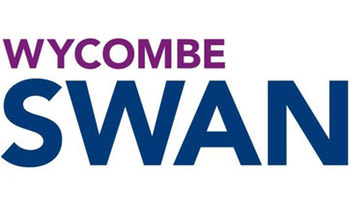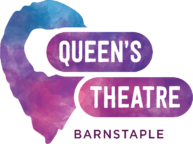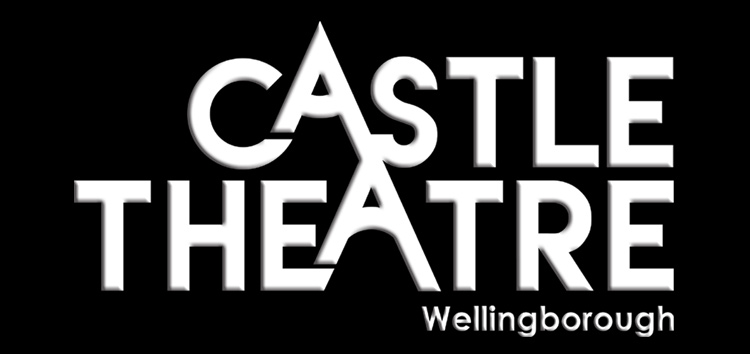Angelotti, former consul of the Roman Republic, now an escaped political prisoner runs into the church of Saint Andrea Vala where his sister, the Marchesa Attavanti, has left a key so he can hide from prosecution in the Attavanti private chapel.
The artist Mario Cavaradossi appears. Getting up on the bridge he continues to work on the painting of the penitent Mary Magdalene. The vicar is outraged by the resemblance of the depicted saint with the duchess Attavanti. Cavaradossi does not deny the similarity, but his thoughts and his heart is with the only woman he loves, his beloved Floria Tosca, a famous singer. When Cavaradossi is left alone, Angelotti cautiously leaves the chapel. He knows the painter, trusts him and asks for help. Cavaradossi hears the voice of Tosca and gives his basket with provisions to Angelotti and asks to hide.
Floria enters the church and distinguishes certain features of the duchess Attavanti in the representation of the Magdalene. It causes a flash of jealousy in her, but the painter reassures his beloved that he only loves her. Looking forward to the meeting in the evening, Tosca is leaving the church.
Cavaradossi offers Angelotti his country house for hiding. A cannon shot is heard, announcing the escape. Cavaradossi and Angelotti hurry to escape.
The church is filled with locals. The news came about the victory over Bonaparte, and on this occasion a solemn worship is about to begin. The joyful mood is interrupted by the appearance of the Chief of Police, Scarpia. At the head of patrols, he rushes to the Attavanti Chapel, where he hopes to find Angelotti. The vicar is surprised that the gates are open. Scarpia͛s assistant, Spoletta, brings out a few things from the chapel, an empty basket and female fan, confirming that they came to the right place. The duchess left some women͛s clothes for her brother so he can eat and run away in disguise.
Tosca returns to the church. She wants to inform her beloved that she will be late this evening as it was suddenly announced that she will sing at the court due to celebrations.
Noticing Tosca, Scarpia decided to stir up her jealousy and use her as a bait. He draws the singer’s attention to the similarities between the portraits of Magdalene and the duchess, the absence Cavaradossi, who just left his unfinished work and disappeared and, finally, a forgotten fan with the coat of arms of Attavanti. Jealous Tosca hurries to leave the church. Scarpia sends Spolletta and his patrols after Tosca as he is certain that the jealous woman will lead them to the secret place of the painter who is providing hideaway to a state criminal!
The solemn worship service begins. Scarpia longs for a double award. The capture of the criminal is not as important to him as the possession of a passionate Tosca. The voice of Scarpia merges with the choir who praises the Lord.
ACT II
In Plazzo Farnese, Scarpia is in his office awaits the results of a twisted intrigue. His expectations were not fully fulfilled. Tosca lead the police to Cavaradossi’s country house and the police arrested him for questioning but Angelotti was not found. Scarpia expects to get the truth out of the painter by torturing him. In the main halls of the palace there is a celebration over Napoleon’s victory, although the battle is not over yet. The voice of Tosca is heard, singing in cantana. Scarpia sends her a note asking her to come to his office straight after the performance.
The police bring Cavaradossi. Scarpia begins to question the painter but he doesn’t give away anything. When Scarpia gives the order to begin torture, Tosca enters the office. Before Mario goes to a secret room, he manages to whisper to Floria to stay silent no matter what.
Tosca answers the questions evasively but the groaning and cries of her beloved deprives the singer of her composure. She announces that Angelotti is hiding in a well in the garden.
Scarpia orders the patrols to bring tortured Cavaradossi. Floria rushes to her lover. Mario hears the order to get Angelotti out of the well and realises that Tosca told them where he was. Cavaradossi curses her. Spoletta reports that the news of the victory of the revolution was premature, Napoleon has won and his troops are approaching. Scarpia orders to take the painter away and to be executed at dawn.
In response to Tosca’s pleas, Scarpia offers to save Cavaradossi’s life. He says that he has been dreaming of her love for a long time and tonight he wants Tosca to spend the night with him. Approaching the singer, he wants to take her by force, but Tosca extracts resistance. Spoletta rushes in to report that Angelotti committed suicide as the police approached. Scarpia reminds Tosca of the execution of Cavaradossi and leaves her only one opportunity to save her lover. Distraught Tosca agrees. Scarpia explains that the execution should take place anyway, but promises that the shooting will be made by empty cartridges. After the fake execution Tosca and Cavaradossi can escape.
While Scarpia writes out the passes for them to leave the country, she suddenly makes a fatal decision. When Scarpia approaches, Tosca kills him. After taking the pass, Floria runs away from the palace.
ACT III
The morning dawn illuminates the sky in prison castle of Sant’Angelo. Refusing the last confession, Cavaradossi asks for the opportunity to write a farewell letter. Immersing himself in memories and looking at the stars dying out in the sky, he bids farewell to life.
Floria rushes in. She whispers that the execution will be fake. Mario only needs to pretend so the solders don’t suspect anything, then they will be able to leave. She tells her beloved how Scarpia is killed. The execution begins.
A rifle is fired and Cavaradossi falls. Tosca admires his acting. When the solders leave, she approaches her beloved − and with horror understands that Mario is dead!
Spolletta and the patrols break in as they found out about Scarpia’s death. They want to grab the singer. Running to the parapet, Tosca screams, ‘O Scarpia, we meet before God’ − and hurls herself over the edge to her death.
